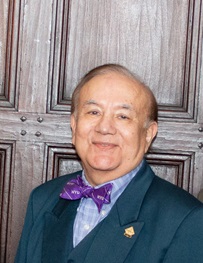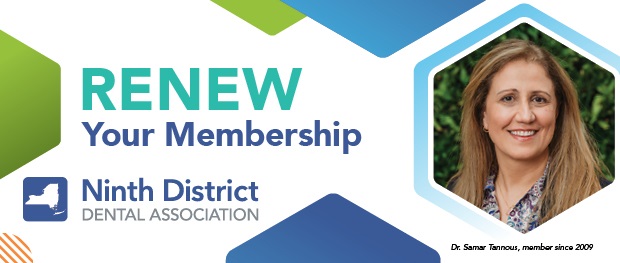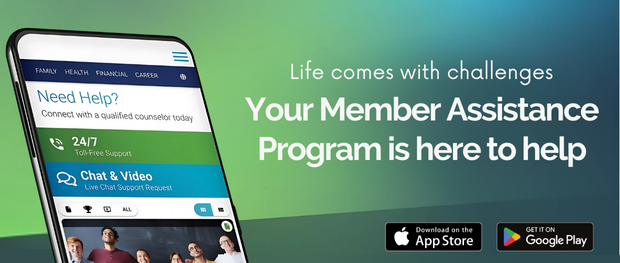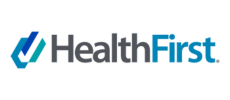AHRQ Highlights Work on Digital Health Care
AHRQ’s Digital Healthcare Research Program: 20 Years of Innovation
A few decades ago, a band of creative thinkers envisioned that information technology could revolutionize healthcare. It seems obvious now. At the time, it was anything but. Those innovators foresaw how machines and related information systems could make delivering healthcare services more cost-efficient and improve the quality and safety of care. It was an improbable endeavor to transform a field built on paper and adverse to change. These innovators encountered significant resistance, but they persevered. And AHRQ stood at the forefront of this change. This year, 2024, is a special one for AHRQ. Our Digital Healthcare Research Program marks its 20th anniversary. We are using the occasion to reflect on what we’ve accomplished and learned, consider some of our most important current work, and propose a digital healthcare-driven vision.
The focus of AHRQ’s early research on medical informatics (what ultimately became digital healthcare), dating from the late 1960s, was on acquiring and transferring patient care data. This work continued through the 1990s with research into healthcare information systems, clinical decision support, and computerized medical records. The early iterations of these systems were simplistic by today’s standards. But at the time, they were groundbreaking, albeit piecemeal.
Digital healthcare research took a significant step forward in 2003 when AHRQ’s director, Carolyn M. Clancy, M.D., asserted that the time had come for a more significant commitment to using digital healthcare to enhance healthcare quality and safety. This led to establishing the next year of AHRQ’s Division of Health Information Technology—the precursor to today’s Digital Healthcare Research Program—and a series of implementation grants in which 118 grantees planned, implemented, and studied the value of digital healthcare broadly. Since then, the Digital Healthcare Research Program has invested seed money in various digital health innovations and implementations. Some paved the way for technology systems and practices that have become industry standards. Consider these examples:
- Telehealthcare. AHRQ was an early proponent of telehealthcare—providing care when patient and clinician aren’t in the same physical room. A 2004 grant became the basis of Project ECHO, an early telehealthcare model. Project ECHO demonstrated that telehealthcare could succeed on a broad scale, and ECHO became widespread and served as the foundation for subsequent AHRQ projects such as the Nursing Home COVID-19 Action Network.
- Clinical decision support (CDS). In its early years, computerized CDS was confined to large systems that could not communicate among their care providers. AHRQ spurred a change in 2007 when it began funding CDS demonstration projects that emphasized a centralized web-based service approach to bedside decision support on a large scale. Then, in 2016, AHRQ launched a program of grants and contracts to help move patient-centered outcomes research evidence into practice through CDS. Today, AHRQ advances the science of CDS by supporting implementers, clinicians, and vendors in developing shareable, standards-based, publicly available, and patient-centered tools.
- Digital healthcare safety. Patient safety is central to AHRQ’s mission of improving healthcare quality for all. Since early in the development of digital healthcare, AHRQ-funded researchers have pointed out that emerging technologies hold great promise in improving U.S. healthcare safety. Early AHRQ-funded research in this area looked at how human factors and technology affect safety, how electronic systems can reduce medical errors, and how technology can be incorporated into workflow redesign. Today, our work focuses on how digital healthcare systems can improve patient safety and how digital healthcare systems themselves can be safely used and implemented.
As we commemorate the Digital Healthcare Research Program’s two decades of advancing the field, we recognize this moment as a seminal moment in healthcare innovation. We have transformed the fabric of delivering care with groundbreaking discoveries. Our achievements testify to the spirit of invention that drives health services research. Today, the U.S. digital healthcare architecture is built on the advancements propelled by AHRQ’s digital healthcare research. The field’s early pioneers were visionary thinkers whose impact on the healthcare enterprise can’t be overstated. As we navigate new advances bolstered by additional artificial intelligence tools, we recommit to the ethical, equity-focused use of technologies and ensure that quality and safety remain paramount. AHRQ has funded pioneering research and reports to illuminate the path. It has set the benchmark for excellence. We embark on the next leg of our journey with a renewed sense of purpose. We invite you to join us in envisioning a future in which digital healthcare transforms with an unwavering commitment to quality, safety, and equity. Watch this space in the coming months as we delve into the history, the present, and the future of this critical research.




.tmb-rotator.png?Culture=en&sfvrsn=e3185440_1)






.png?sfvrsn=4447de7f_1)















